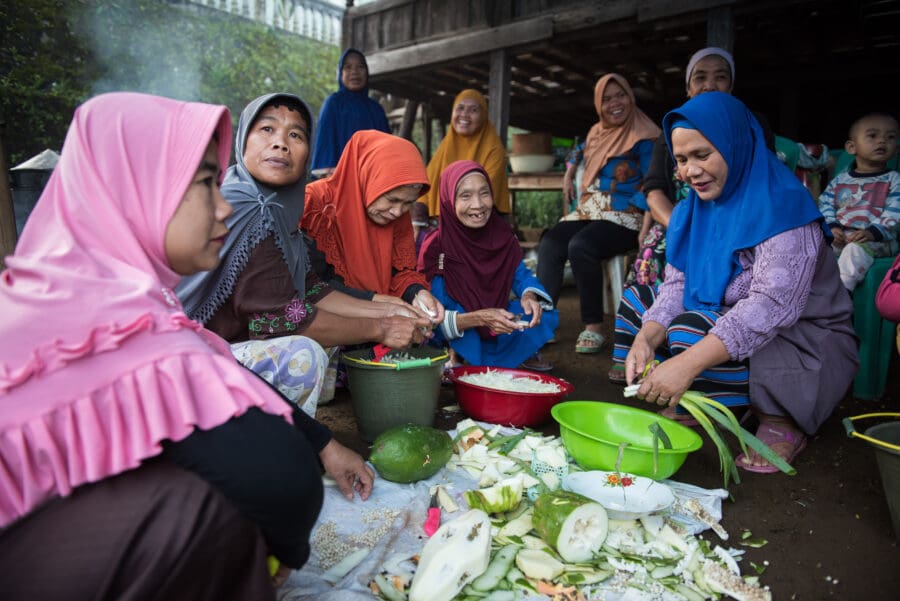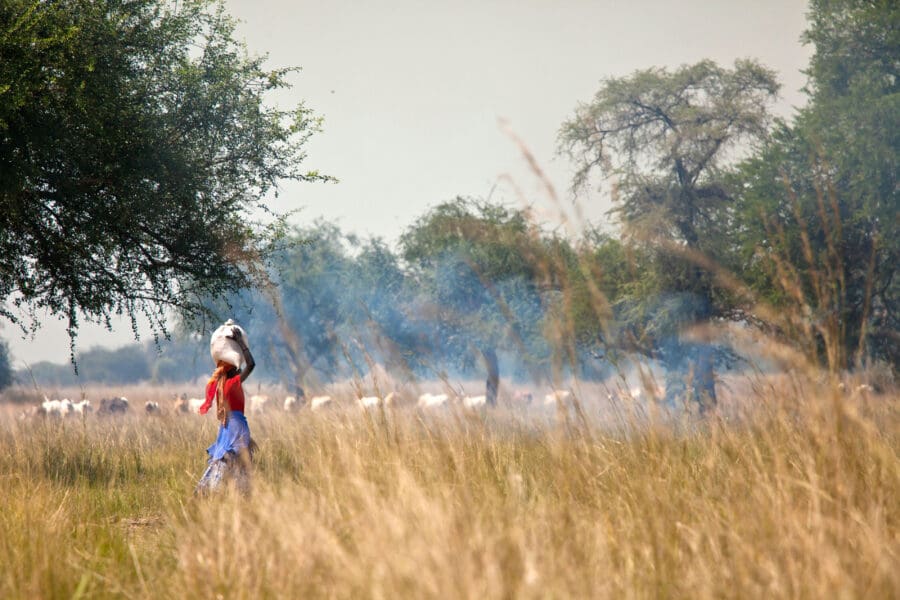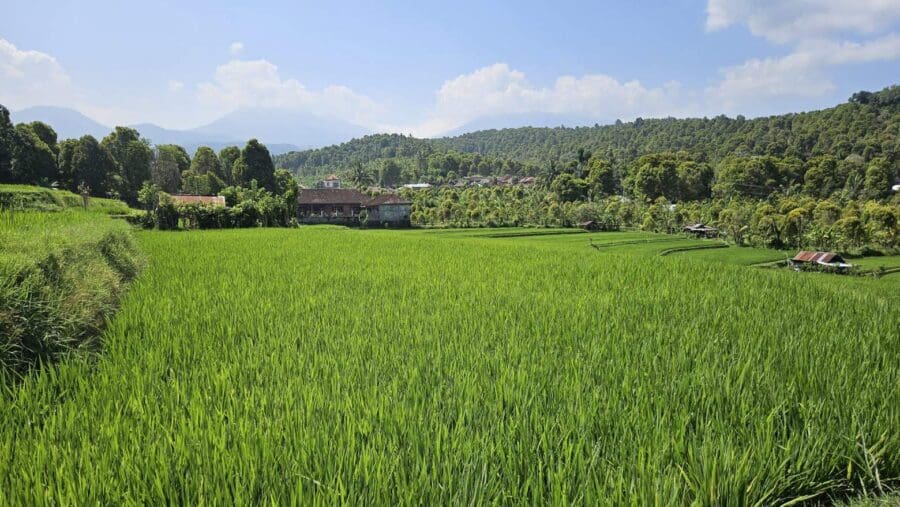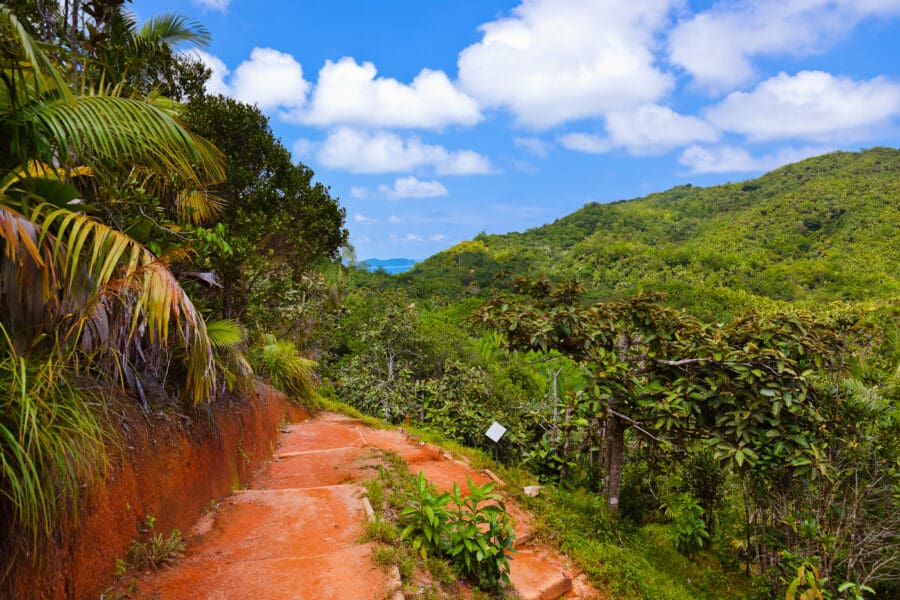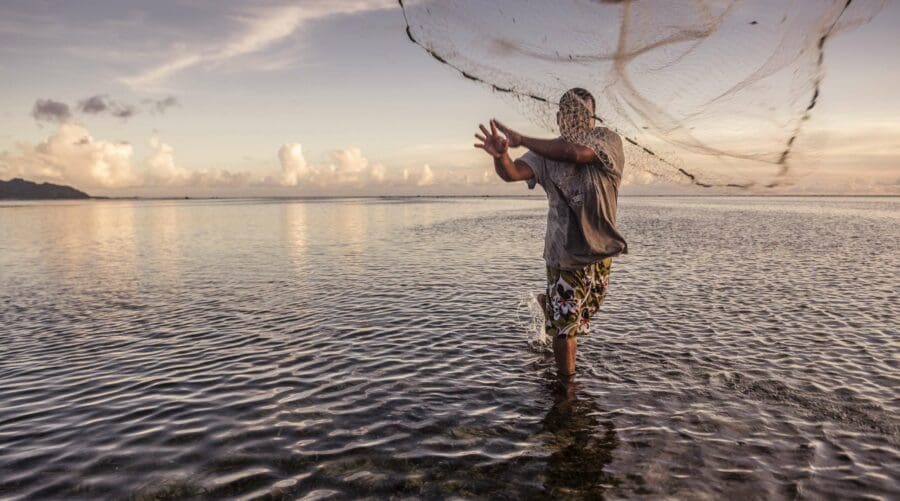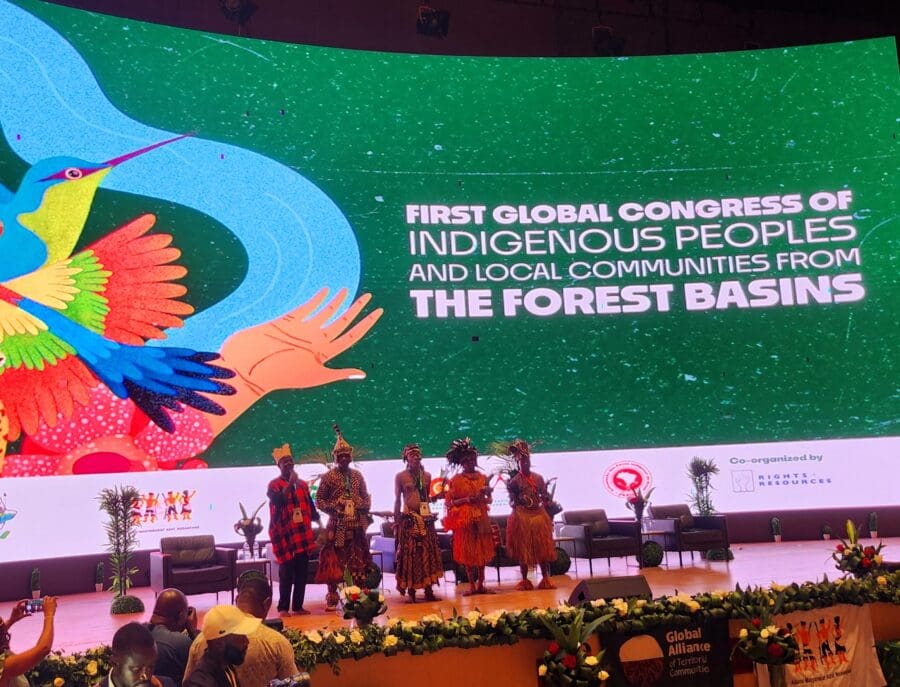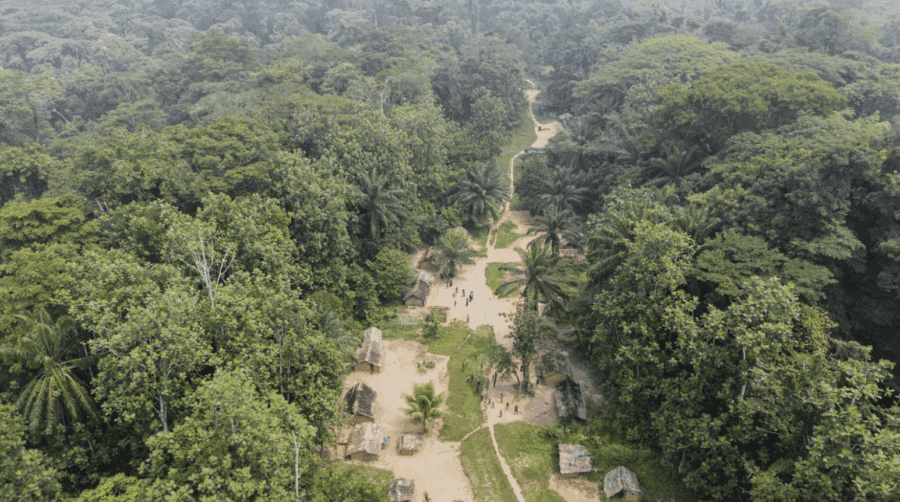From September 12–14, 2023, the African Land Institutions Network for Community Rights (ALIN) will hold its 4th regional conference in Arusha, Tanzania. Land institutions from over a dozen countries will share lived experiences, opportunities, and challenges to further the community land rights agenda in Africa, with Indigenous and local community women, youth, and pastoralists taking center stage.

Press Release: Indigenous Leader Selected as Director of CLARIFI – RRI’s Funding Mechanism for Indigenous and Community-Led Organizations
The Rights and Resource Group has selected Deborah Sanchez, an Indigenous Miskitu woman from Honduras to lead its funding mechanism, CLARIFI (the Community Land Rights and Conservation Finance Initiative). Deborah will officially assume her role on September 11, 2023.

How the carbon market is affecting the territories of more than 200 families in the Ecuadorian Andes
Eight local communities in northern Ecuador are victims of so-called "green grabbing" by a private environmental services company. To defend their customary rights in the absence of collective land titles, the communities have launched an advocacy campaign with RRI’s support.
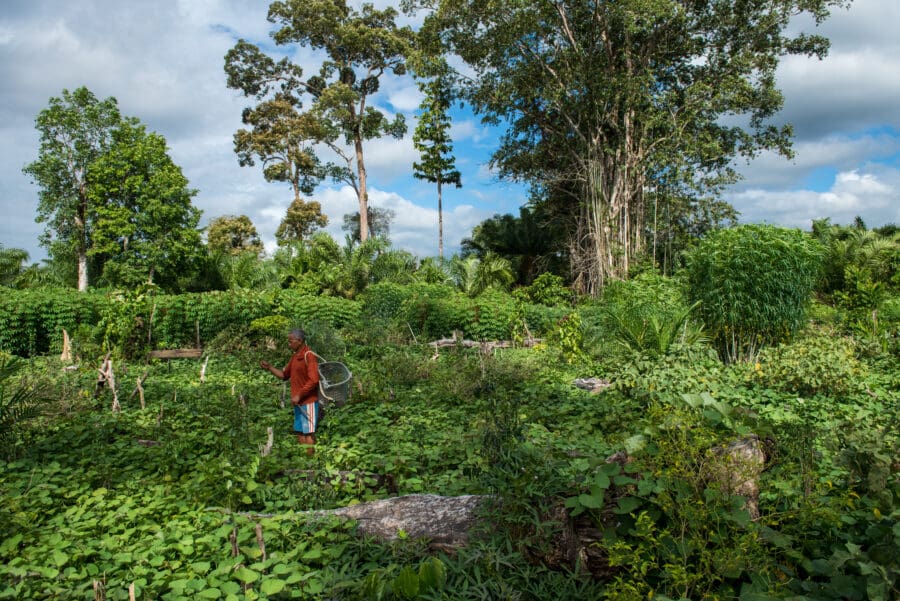
Over 100 Mha of additional lands recognized for Indigenous Peoples, Afro-descendant Peoples, and local communities since 2015
According to a new report by RRI, existing national laws have the potential to recognize Indigenous Peoples’, Afro-descendant Peoples’, and local communities’ rights to own or control more than 260 million hectares (Mha) of land across the world—an area twice the size of Peru.
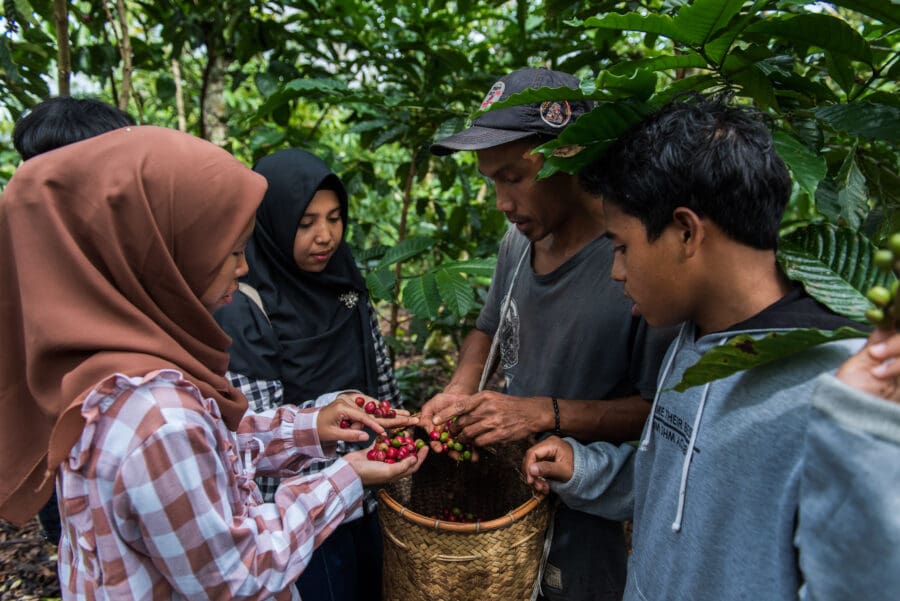
Press Release: New Resource aims to help Companies and Investors Partner with Indigenous and Local Peoples in their Land-Based Investments and Supply Chains
A new resource seeks to support companies and investors in understanding the shared value community monitoring could add to their operations and investments, and outlines principles to help them build productive partnerships with communities to secure their land tenure and improve compliance with environmental and social standards and commitments.
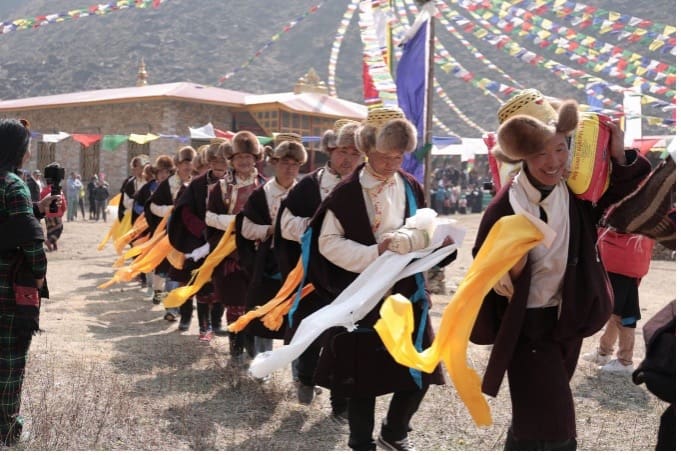
Nepal’s Tsumba people celebrate 100 years of local Shagya tradition, and new law that recognizes its practice
In Nepal, the local government of Gorkha District’s Tsum Nubri Rural Municipality recently adopted a new law to formally recognize and preserve the local community’s Shagya tradition of nonviolence.
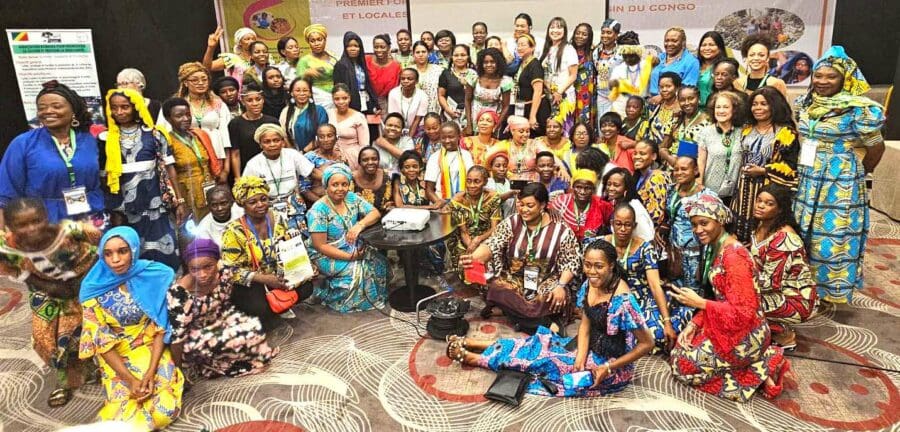
Press Release: Indigenous and local community women from Central Africa and the Congo Basin call for direct access to funding to help their efforts to achieve 30×30 goals
Women leaders from Africa, Asia, and North and South America gather in Brazzaville to strengthen the global solidarity movement for women-led initiatives to protect biodiversity and build climate resilience.
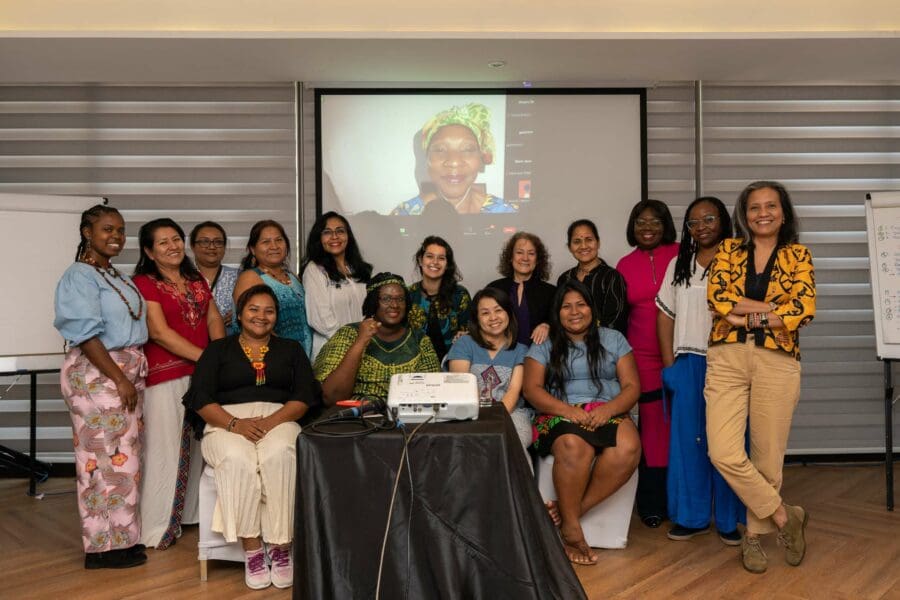
Paving the way forward: The Women in Global South Alliance holds its first strategic meeting
Members of the new network agree to create more documentation on land rights and governance processes for Indigenous, Afro-descendant, and local community women; call for strengthening advocacy capacity.
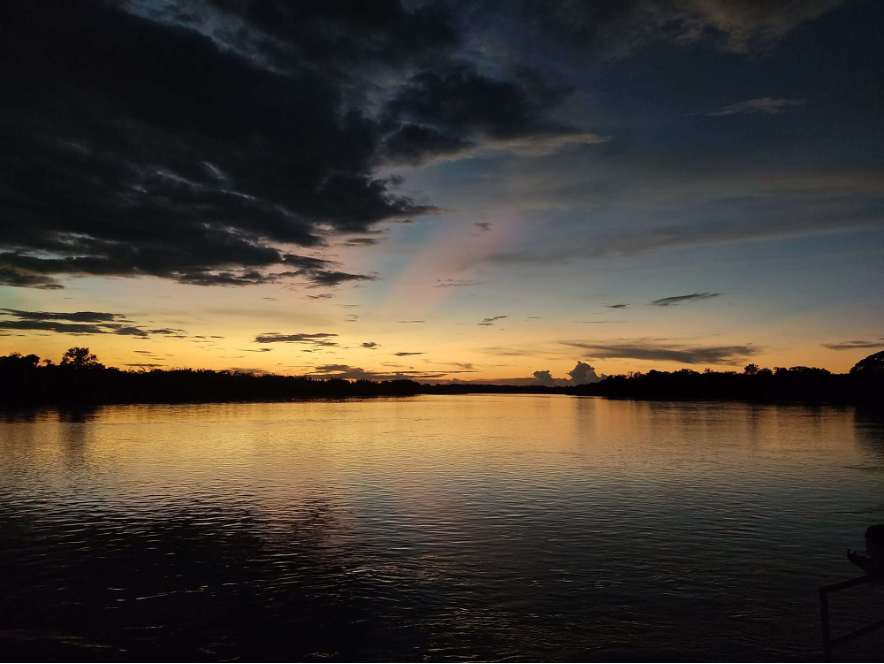
Irreparable damage to the environment caused by the Ombú oil block in the Amazon foothills of Colombia
The socio-environmental conflict in Los Pozos inspection of San Vicente del Caguán is unsustainable. The Chinese company, Emerald Energy Plc, repeatedly violates the country's environmental laws and the Colombian government continues to fail to intervene.
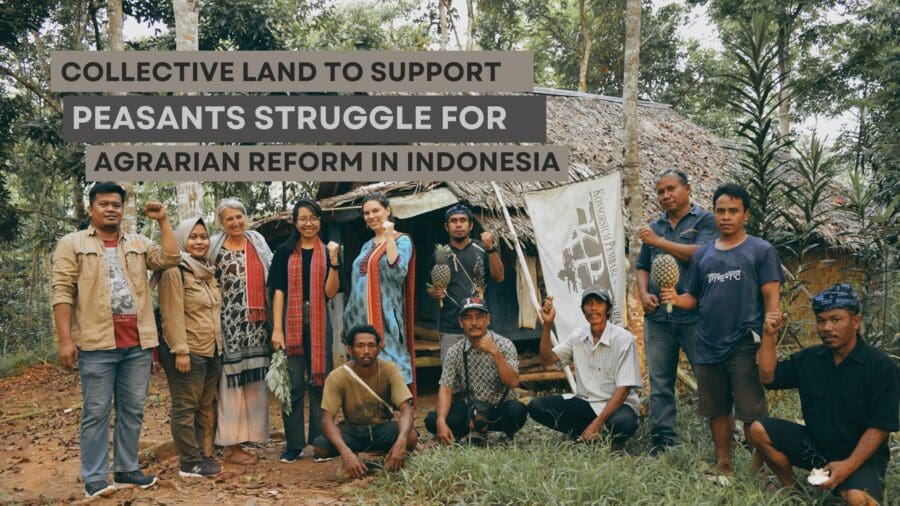
Collective Land to Support Peasants’ Struggle for Agrarian Reform in Indonesia
P2B, a peasants' organization based in Banten, Indonesia, is a leading actor in the local struggle for agrarian reform and collective land tenure rights.

Indigenous community in Nepal wins recognition for customary practice to protect nature and biodiversity
Nepal's Indigenous Tsum Nubri community achieves a key legislative victory in maintaining traditional methods of forest governance.
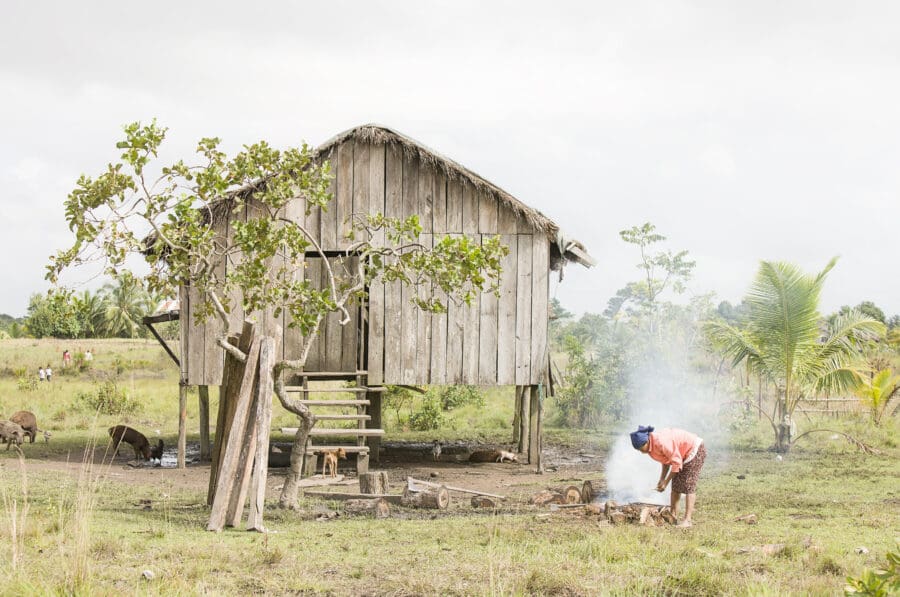
Catalyzing Rights-Based Conservation for a Secure Planet
RRI marked the beginning of 2023 with a global dialogue on Rights-Based Conservation and Climate Approaches, co-hosted with the Embassy of Sweden in Washington DC.

